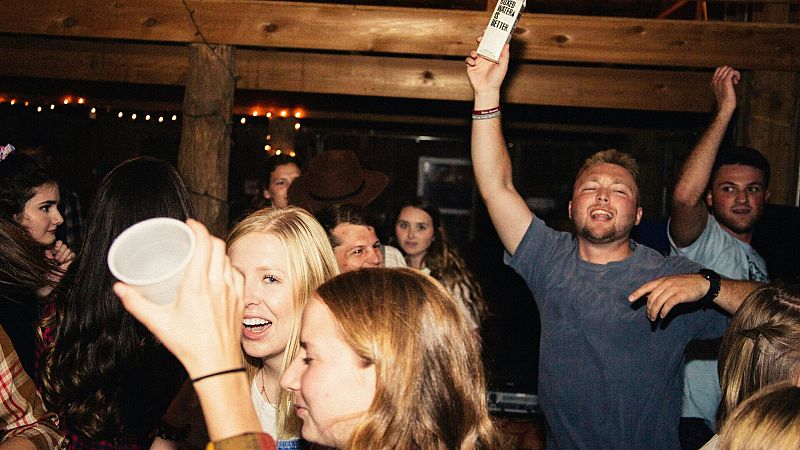Summer Party Plans: How Airbnb Intends to Regulate In-Listing Events

Thinking of throwing a summer bash? Don’t rely on securing an Airbnb for it.
The widely-used short-term rental service is implementing its party prevention measures once more to stop "high-risk" reservations.
The system uses machine learning to screen guests based on warning signs, such as short stays, last-minute reservations and how far they live from the listing. If a booking is flagged, users are blocked from renting entire homes – though alternative accommodation options are suggested.
This initiative is part of the company’s efforts to "encourage responsible tourism and assist hosts in protecting their premises" during high-demand periods. Following the implementation of a worldwide 'no party' policy in 2020, Airbnb states that incidents involving unruly gatherings have decreased by fifty percent.
Airbnb encounters increasing opposition across Europe.
It's been four years now. Airbnb Has utilized the system. In 2024, the firm asserts it intercepted more than 51,000 potential partygoers over the Memorial Day and Fourth of July weekends in the U.S., which are among the busiest travel periods domestically.
While Airbnb cracks down on parties, the wider impacts of short-term rentals remain under scrutiny. That is especially true in European cities where the platform is blamed for rising rents, housing shortages and neighbourhood disruption.
Czechia , such as having implemented restrictions on short-term rentals like Airbnb in its city centres to cut down on noise disturbances – a move welcomed by district councillors.
Amsterdam restricts property owners to 60 rental days annually as part of various measures aimed at tackling overtourism, noise pollution, and housing problems before they escalate further. Additionally, the city has launched a 'Stay Away' initiative along with an engaging quiz designed to assess visitors' knowledge. behavioural etiquette to clamp down on rowdy parties and noise.
But few places have made Airbnb as big of a flashpoint as Spain – especially Barcelona .
The Catalonian capital already required permits for tourist rentals and imposed taxes and rental limits before it set out to ban the platform entirely.
Barcelona later announced plans to eliminate all 10,000 licensed short-term rental apartments by 2028. The move was made to prioritise housing for permanent residents and reduce the kinds of disturbances that have plagued its downtown, as well as cities such as Seville and Valencia.
Spain’s central government recently upped the pressure on Airbnb, ordering 65,000 holiday listings excluded from coverage across the country due to non-compliance with policies and procedures.
Airbnb provides additional tools to avoid disturbances caused by unruly guests.
Established in 2007 as a peer-to-peer platform, Airbnb has expanded into a worldwide ecosystem that rivals The hospitality sector. However, as this platform expanded, it encountered resistance from urban areas finding it challenging to equilibrium the expansion of tourism with quality of life .
Airbnb states that their anti-party screening is merely part of an overall approach aimed at ensuring accountable accommodations and supporting hosts.
The platform also uses machine learning To filter worldwide reservations for potentially risky bookings and provide complimentary noise monitors, an around-the-clock security hotline, along with a support channel for police to flag issues.
Doubts persist regarding the effectiveness of these tools, yet one thing is certain: if your plan involves a celebration, don’t count on Airbnb to extend a warm greeting.
Post a Comment for "Summer Party Plans: How Airbnb Intends to Regulate In-Listing Events"